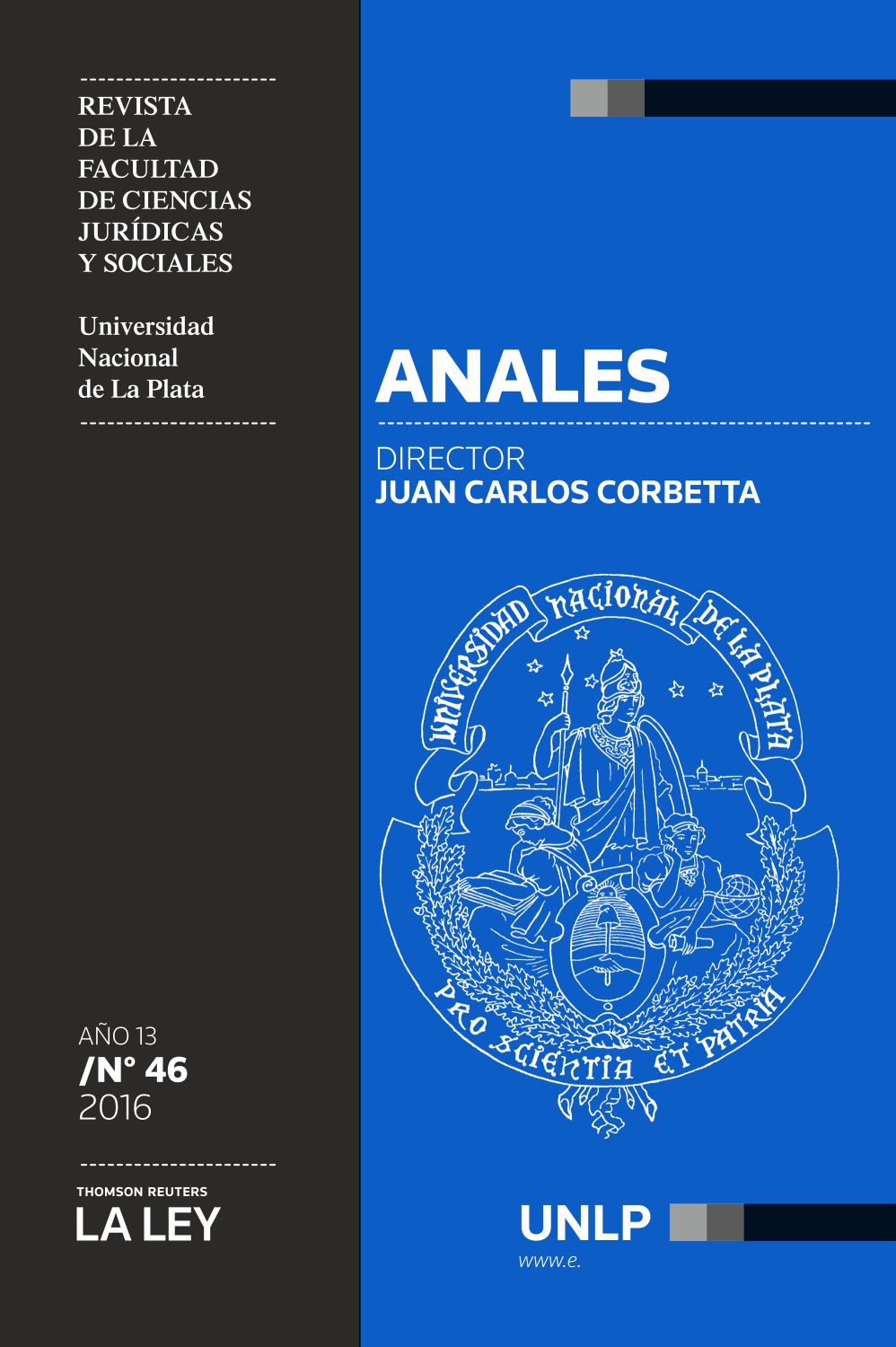Count of the remand: unification of computations by dismissal, acquittal and penalty in excess
Keywords:
computer, dismissal, absolutionAbstract
The theme I selected is located, in the process, in the final stage, at the time that must perform the computation of penalty of a private criminal sanction of the freedom to determine how long has been fulfilled, remaining comply and therefore which date there will be to operate the expiration of the penalty. In some cases it may happen that who has been convicted and with respect to whom the penalty computation, is made to record a cause which has purged a pre-trial detention but that the final result was a dismissal or an acquittal. Here’s the question that does not take long to arrive, and is the fact if it is feasible to bring to the computation of the penalty, the days in pre-trial detention in the case which was obtained this favorable outcome (a decoupling) and deduct them from the total time, or if this is not feasible and the claim only can result in monetary compensation. Answers that will be addressed in this work from the hand of the opinion of judges from different courts, which we will illustrate fully on the fundamentals of both antagonistic positions.
Downloads
References
Downloads
Published
How to Cite
Issue
Section
License
Esta licencia no permite la generación de obras derivadas ni hacer un uso comercial de la obra original, es decir, sólo son posibles los usos y finalidades que no tengan carácter comercial.






























